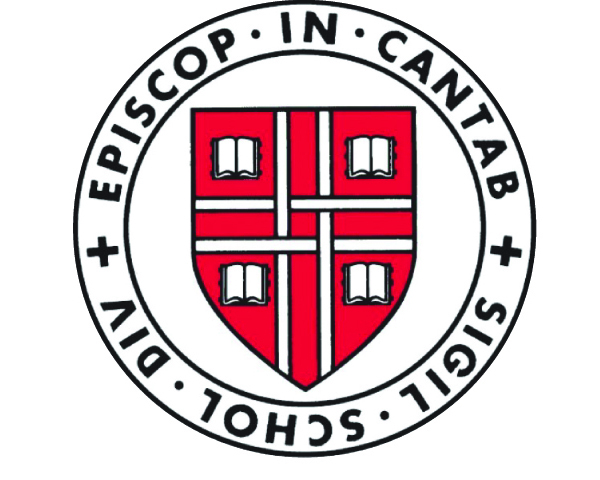Online Hours
Hours displayed in:Eastern Time (US & Canada)
About
Episcopal Divinity School (EDS) is a respected and progressive center for study and spiritual formation for theological study for lay and ordained leaders of all denominations. Committed to a mission of forward-looking social justice and inclusive education and grounded in the Anglican tradition, EDS has a history of leadership in the church, form supporting the ordination of women, same sex marriage, and Ecumenism. EDS graduates serves not only as Episcopal clergy, but also work as organizers, social workers, mental health professionals, artists, writers, and non-profit executives. Located on a beautiful campus near Harvard Square in Cambridge, Massachusetts, EDS provides easy access to some of the best educational resources in the world, especially as a member of the Boston Theological Institute, a consortium of 10 eminent theological schools, seminaries, and departments of religion in the Boston area.
Degrees Awarded:
- Master of Divinity
- Master of Arts in Theological Studies
- Doctor of Ministry
- Certificates
- Anglican Studies
- Christian Spiritualties for Contemporary World
- Justice, Reconciliation, and Mission
- Customized Certificate in Theological Study
Learning Options:
- Traditional Learning (On-Campus/Residential)
- Distributive Learning (Low-Residential/Distance)
Cost of Attendance: Please see our website for more information about Tuition and Financial Assistance.
School History
Episcopal Divinity School resulted from the 1974 merger of Philadelphia Divinity School (1857) and Episcopal Theological School (1867). Both schools were noted for their progressive teaching and innovative pedagogy.

Historically, EDS has been at the forefront in responding theologically to a changing world and changing church. In the 1870s it embraced new approaches to biblical interpretation and ethical discourse in order to admit African Americans as students and as ordained ministers. At the beginning of the 20th century, the School adopted innovative theological pedagogies that allowed students to take a hand in constructing their own curriculum and course of study. In the 1950s it admitted the first woman students; in the 1960s it sent student volunteers to Selma, Alabama, to march with Dr. Martin Luther King Jr. In the 1970s it hired as full-time faculty two of the first women ordained as priests of the Episcopal Church.

In the 1980s and 1990s it pioneered in developing new fields such as Feminist Liberation Theologies and Anglican Global and Ecumenical Studies, and provided leadership to help frame some of the most challenging questions including the role of women in the church and the inclusion of LGBT people as students and ministers. In the early 21st century EDS continues this tradition through its work in environmental, economic, and social and seeking to understand the critical role of diversity in the world of faith.

Today, EDS offers a bold and expansive vision of inclusion and social justice in the service of preparing students to lead their communities in the face of a changing and unpredictable future. Students at EDS learn flexibility, leadership, cooperation, and creativity—in conversation with the most pressing issues of the day—in order to prepare them to help build a more just society.
